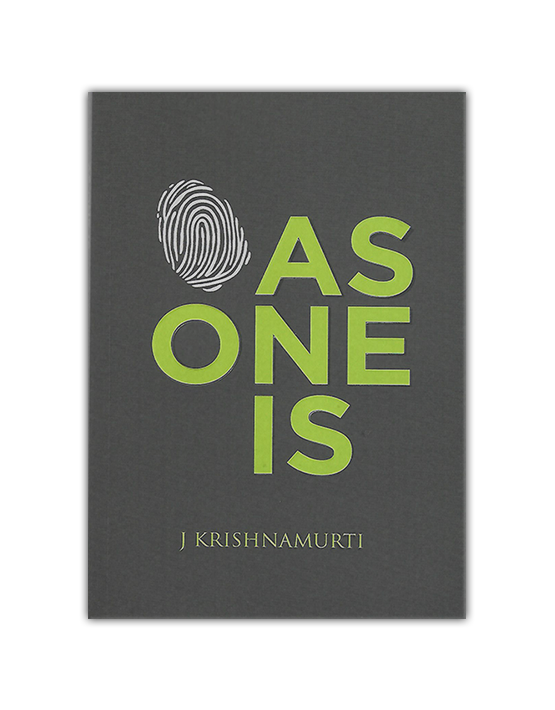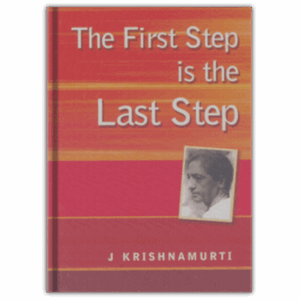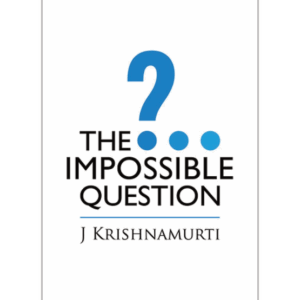As One Is
₹195.00
In this series of eight talks, given in Ojai, California in 1955, Krishnamurti confronts the confusion, habits, and assumptions of the human mind, and claims these lie at the root of all violence and suffering in the world. While these reflections were offered over fifty years ago, their meaning is as fresh and as relevant heard today.
Krishnamurti discusses a world in which booming productivity and scientific advancement promise a happy future, but don’t provide it. He points to the ongoing escalation of war, competition, envy and territoriality despite gains in education and the technologies of self-improvement. Ultimately and throughout, he asks his listeners to consider that that all apparent progress of the self is not progress towards freedom, but a treadmill of illusion. Knowing one’s mind, he asserts, through diligent self-observation, is the only way to freedom.
Only logged in customers who have purchased this product may leave a review.






Reviews
There are no reviews yet.